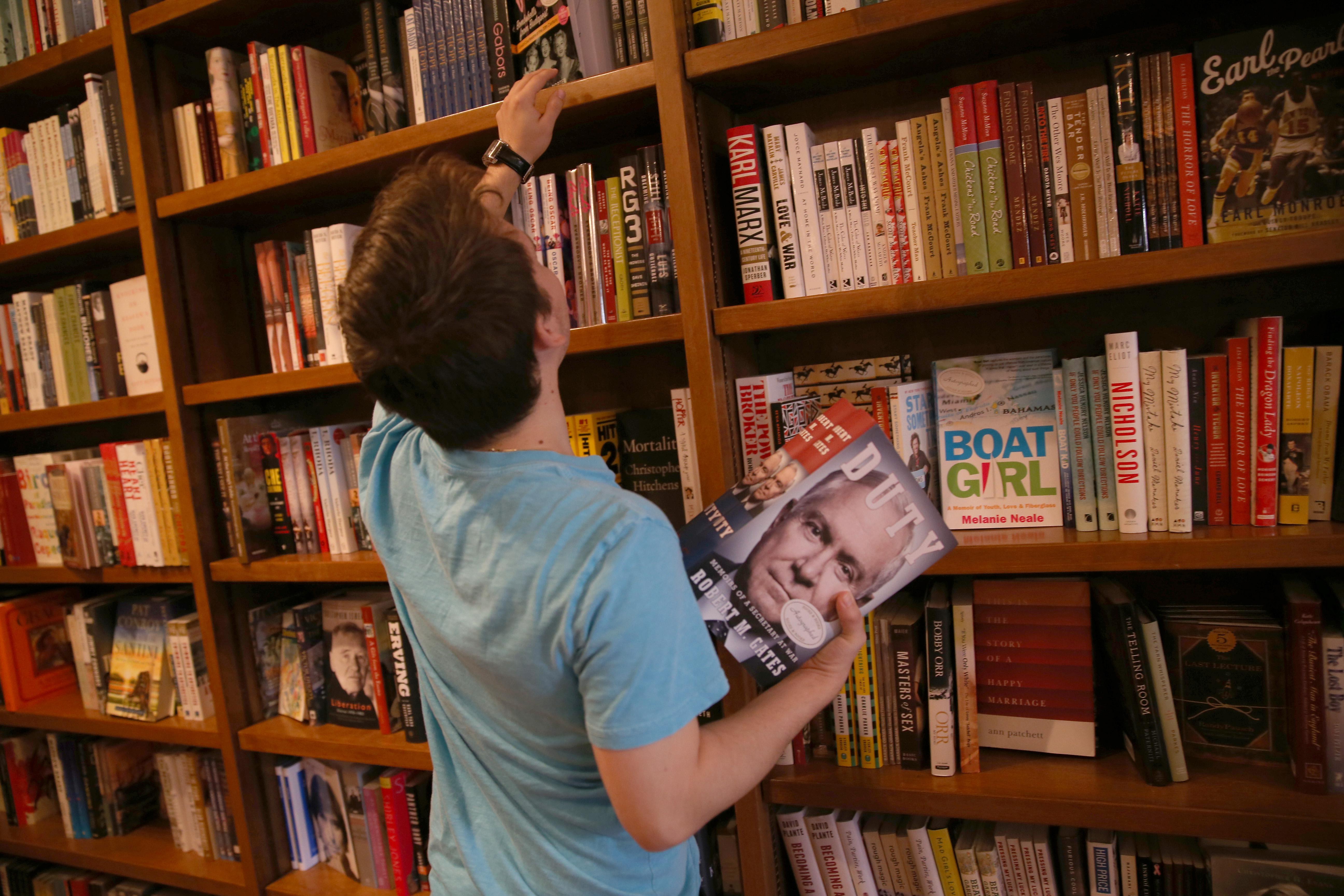This question originally appeared on Quora, the best answer to any question. Ask a question, get a great answer. Learn from experts and access insider knowledge. You can follow Quora on Twitter, Facebook, and Google Plus.
Answer by Alan Cheuse, author of Prayers for the Living:
I’ve published more than 20 books; more than half of these were either novels or short story collections. I have never left behind the necessary feeling that each new book will be the best and that each new book feels as though it were the first. Even so, I have never felt as confused and at the same full of expectation as I have with my latest, the novel Prayers for the Living.
The current situation for a writer appears quite distinct from any other moment since the birth of modern publishing in the early 19th century. There’s no singular, classic chain of expertise that links publisher to booksellers to audience. That line of distribution still exists, but so do a number of others. The link between writer and reader has morphed into a rapidly changing field of play.
Taking a book to market has become as complicated and problematic as the writing of the book itself. First, I have had to recognize the importance of social media that I had held before now to be rather trivial and extraneous to anything serious in the culture. I have learned how to use Twitter to spread the news among fans, friends, and family about my book and public appearances and engage readers in conversation. I have used Facebook to post updates about the publishing process. I have emailed friends and family, urging them to preorder the book. I have blogged for free, for a website I seldom used to visit, in hopes of getting my name in front of the right people, the good readers of the world.
All of this to juice the Amazon algorithm, so that when my book is on sale, it will be placed in front of a few more eyeballs. The more eyeballs, the more books Amazon will order from the publisher.
The alternative is to wait passively for good reviews, fewer coming each year, and then wait for orders to come in and for Amazon, if the preorder number isn’t high enough, to backorder books, which can take a week to 10 days. I know first-hand the difficulty of a new book getting a review from my work as a reviewer for the past five decades. We live in a time when many more good books are published than get the serious attention they deserve. As fewer and fewer reviews appear in newspapers and magazines, more and more come out online. But for the ordinary reader—let’s call her the civilian reader—most of the Internet reviews never cross her horizon.
In the current constantly shifting and changing business of contemporary publishing, even many established writers feel slightly bewildered. Some disdain the new technologies of communication and commerce. Others delve into them half-heartedly, like tourists or travelers in unknown territory, without guides.
Some of us are trying, with help from publishers and publicists, to learn how to move forward in this brave new world. But every day there seems to be someone else who appears to have harnessed this ability to promote, for sale, of course. It takes as much work to promote a book as to write one, is what it feels like, as much work just to get a new book in this range of certainty as it does to have put in the years to compose it.
More questions on Quora:
